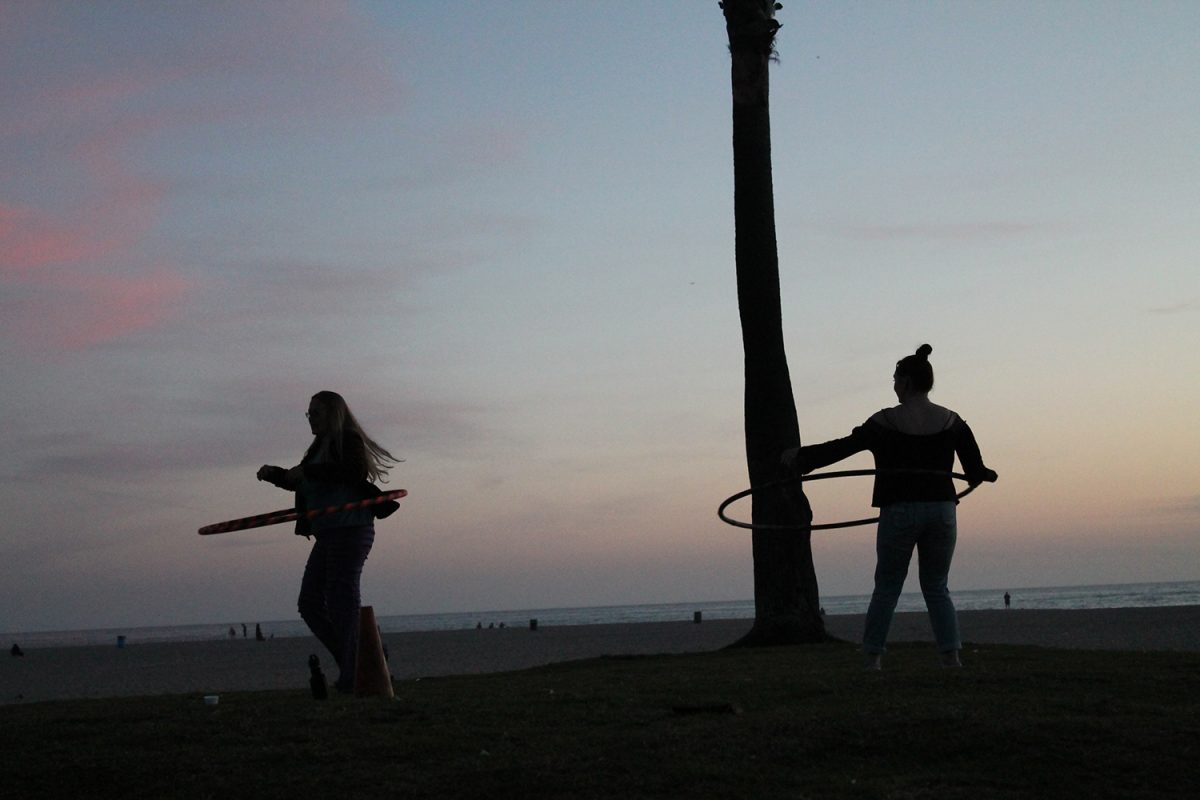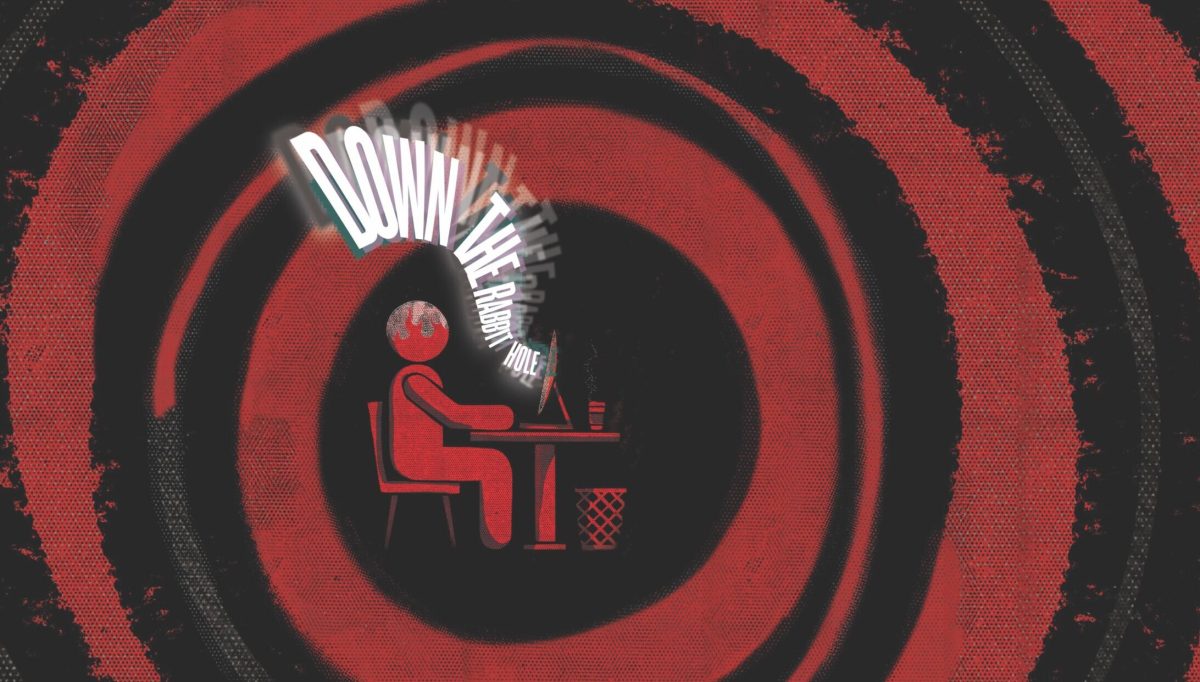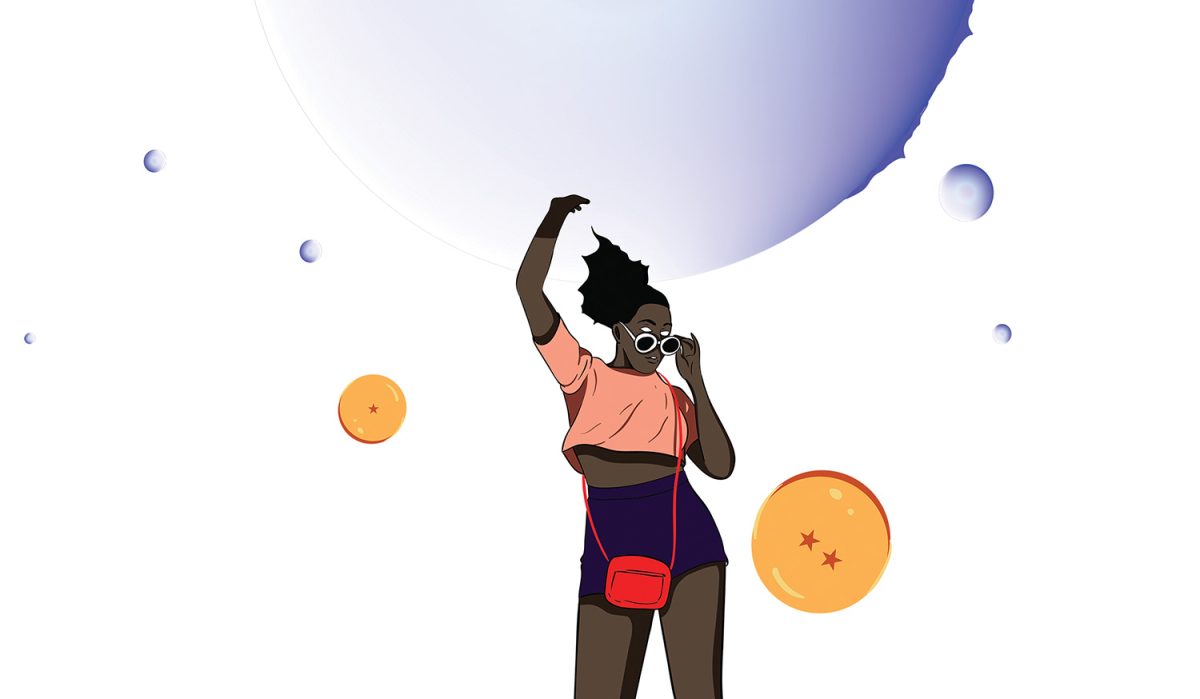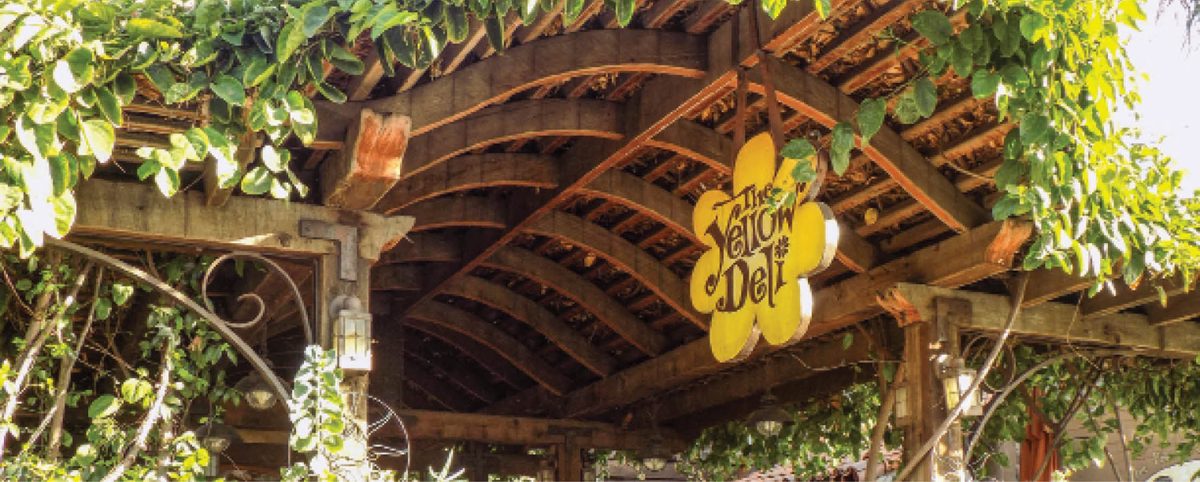Did you know that a group of adult men and women have formed a fandom called the bronies because of their love for “My Little Pony?”
According to whatisabrony.com, “A brony is a fan of ‘My Little Pony: Friendship is Magic’ that is outside the target demographic of little girls. Most bronies are friendly teenagers and young adults who simply aren’t afraid to admit they enjoy a show which is innocent, colorful, and funny.”
The official Brony Instagram, @bronyde, nearly 12,000 followers and there has been over one million posts on Instagram using #brony. The men and women alike hold conventions, have blogs, make swag, and even have their very own glossary full of terms, phrases and words used by the bronies.
We all have interests, passions, dreams, beliefs, and morals. We as humans desire to be connected with other people who share our perspective of the world.
It is our innate desire to find that special home in which we feel as though we belong. People grow up living in a culture, a common way of life. But, as they develop as people they begin to find a series of more narrowed cultures. In this, humans have developed subcultures, places they can connect with people of a like mind.
According to the Oxford Dictionary a subculture is, “A cultural group within a larger culture, often having beliefs or interests at variance with those of the larger culture.” Some people may not even realize they are a part of a subculture. From the music you listen to, to the shows you watch, the sports you’re into, and the pastimes you love there are people with that common interest and together you have created and/or entered into a subculture.
Have you ever taken a moment to observe the cultural landscape around you? To observe people and their way of life? Have you ever taken time to talk to a stranger and hear their story, their views of life, politics, religion, and just sit and listen to their perspectives? It can be so eye opening and your world and perspectives have the opportunity to change, expand, and grow.

When you walk by a stranger and you look at them and judge them based on some lifestyle or stereotype it closes you off from the opportunity to understand another world. Instead, when you walk by a stranger you should ask yourself, “I wonder who they are? What their life looks like? What their perception of the world is? Why are they the way they are?” Then take the time to begin answering those questions and understand the answers.
Palomar student and archaeologist, Mark Thompson, grew up traveling with his family and eventually continued traveling in his previous career working in the biotech industry. He cultivated a hunger to learn about culture and learn about the world. This brought him to Palomar to achieve his associate’s degree in archaeology. His goal was to simply become a more informed traveler, and if the opportunity arises to begin a new career.
“Basically archaeology is all about the discovery and retrieval of artifacts… what it really comes back to is anthropology. All archaeologists are anthropologists…It is really fascinating…I think it is just building up a body of information about cultures…Ultimately the goal is we want to understand their world view, to get inside their head to see how they live,” Thompson explained.
According to Thompson there are at least four elements that every culture seems to hold. First, there is the politics of a culture, and how the society organizes itself under a governance. Second, a culture has its economy, which is the element of a culture that determines how they make their living. Third is how a culture traces their descent. Finally, every culture seems to have some sort of religion or world perspective that sets them apart as a culture.
“And that to me is where the interest is…it is essentially social studies…subcultures are a big part of it…everyone is more or less the same, we have little clusters here or there of something…that people can identify with. We can learn a lot about ourselves by studying other people,” Thompson said.
If we look back and study cavemen, they were a group of people that gravitated towards other people that looked and acted like them. We as humans look for a connection and a level of understanding. A place where we don’t have to explain our personal beliefs, hobbies, fashion, etc.
Roughly five years ago an ex-French car journalist, who believed humanity was created by aliens began a group called Regions. Regions is a UFO based religion that follows this belief that everything was created by an alien civilization and that someday within the next 30 years or so the alien civilization is going to come back to earth.
This belief of an ex-car journalist brought a group of people together under an idea some people may feel is insane and others may feel is logical. But, this group of people found a place they can gather to celebrate a common belief.
British writer with Union Magazine, Martin Pashley, travels the world to meet and interview people of different subcultures. Working to learn about them, understand them, and showing the world that just because someone has a different way of living doesn’t mean they are any different from any other person.
“What have I learned on this journey, well one there’s a lot of people out there that are into a lot of different things in the world. Two, even more obviously, people are just people. You know, you can be a Nazi patrolling the border between Arizona and Mexico, but you still got to pay your water bill,” Pashley said.
Pashley then continued to explain that we as people should desire to talk to other people of a different mind, desire to learn new perspectives of the world, and that there is something to learn in every subculture, “People should get on the internet and talk to these people not try and change them or change their opinions or anything like that. Just listen, hear their journeys, hear what they’ve been through, and hear what they show you.”
Finding that one has a strong desire to study all the ways people live their lives might find themselves a career like sociologist, Keith Kahn-Harris, who has what he calls a “curiosity for obscure things in the world.” He considers himself a student of small worlds.
“They are communities, scenes, subcultures, and groups. Small worlds are spaces to which people devote their lives to which they find meaning. They’re often obscure, there are millions of them, and aside from family friends in the workplace they constitute one of the main areas where life is lived, but outsiders are often unaware of them and their importance is often underestimated,” Kahn-Harris said.
Kahn-Harris feels that in such a big world everyone is looking for a home, and that is something these small worlds or subcultures offer us. A place to find a connection and intimate relationships.

According to Worldometers world population clock there are over seven billion people that exist in the world. That is a big world. If we were one big massive culture, how can we expect to have any real connections or real identities. We as humans crave something more intimate. The essence of who we are comes from the tiny subcultures in which we invest our lives. Anthropologist, Robin Dunbar, estimated that about 150 meaningful relationships is about the maximum number that a human being can hold.
“Small worlds represent the hope of diversity of heterogeneity of difference. They are all wildly different from another, but yet as my research I think is showing they also have certain things in common. Drawing on the power of togetherness the power of being part of something bigger than yourself, but not too big,” Keith-Kahn articulated.
Being a part of a small world, of a small community, in which we relate is not alienating. Subcultures bring joy and connection to our being. There are so many existing subcultures in the world, and all those little small communities, which allows us to have an identity and an essence, is what creates the big, beautiful, creative world we live in.
The next time that you go out and walk by a stranger who peaks your interest don’t look at the obvious, don’t look at their stereotypes, rather find out what small worlds they come from, who they are, and what makes them interesting as a person. You may just discover something new about the world you are living in.



















